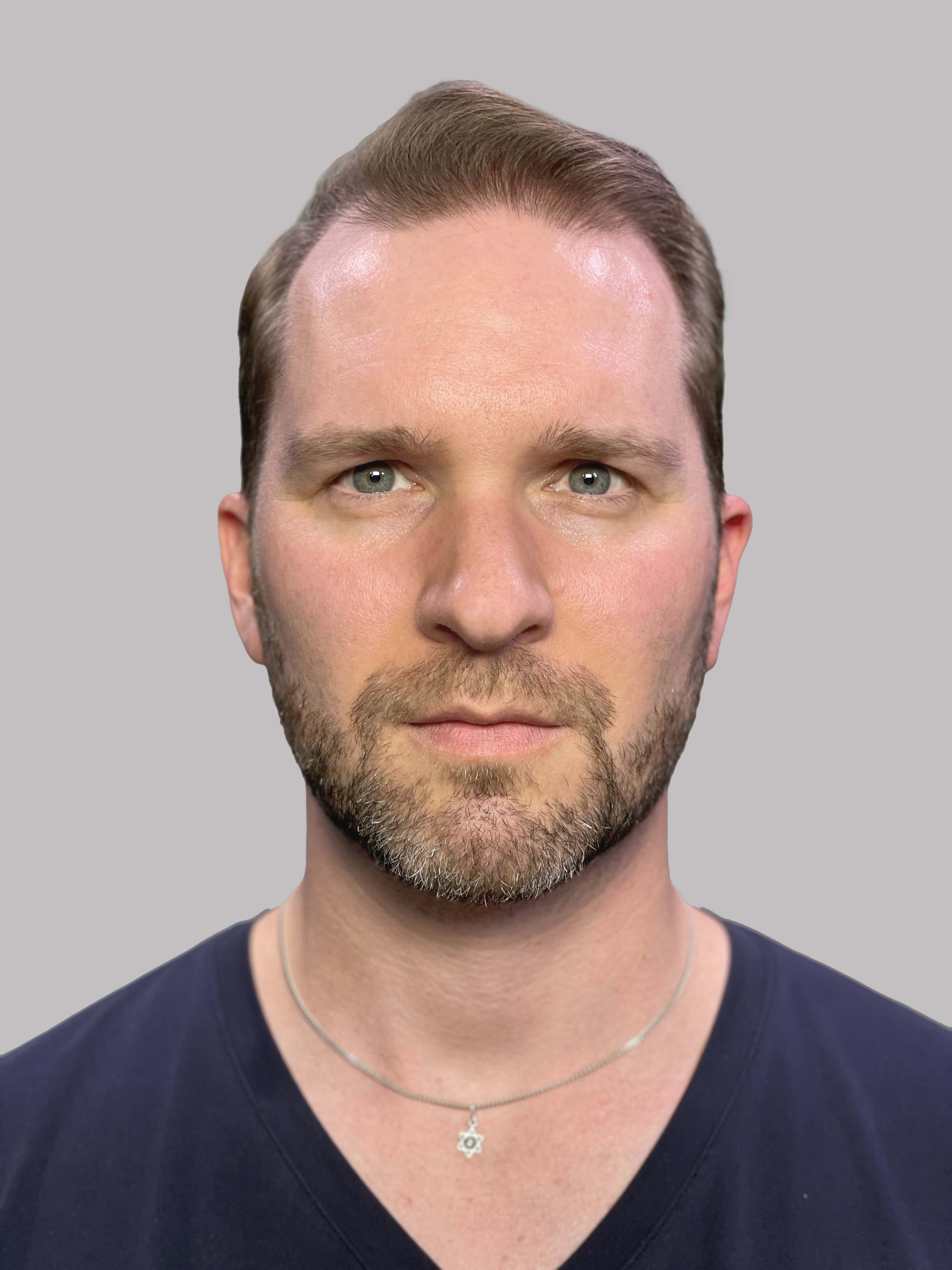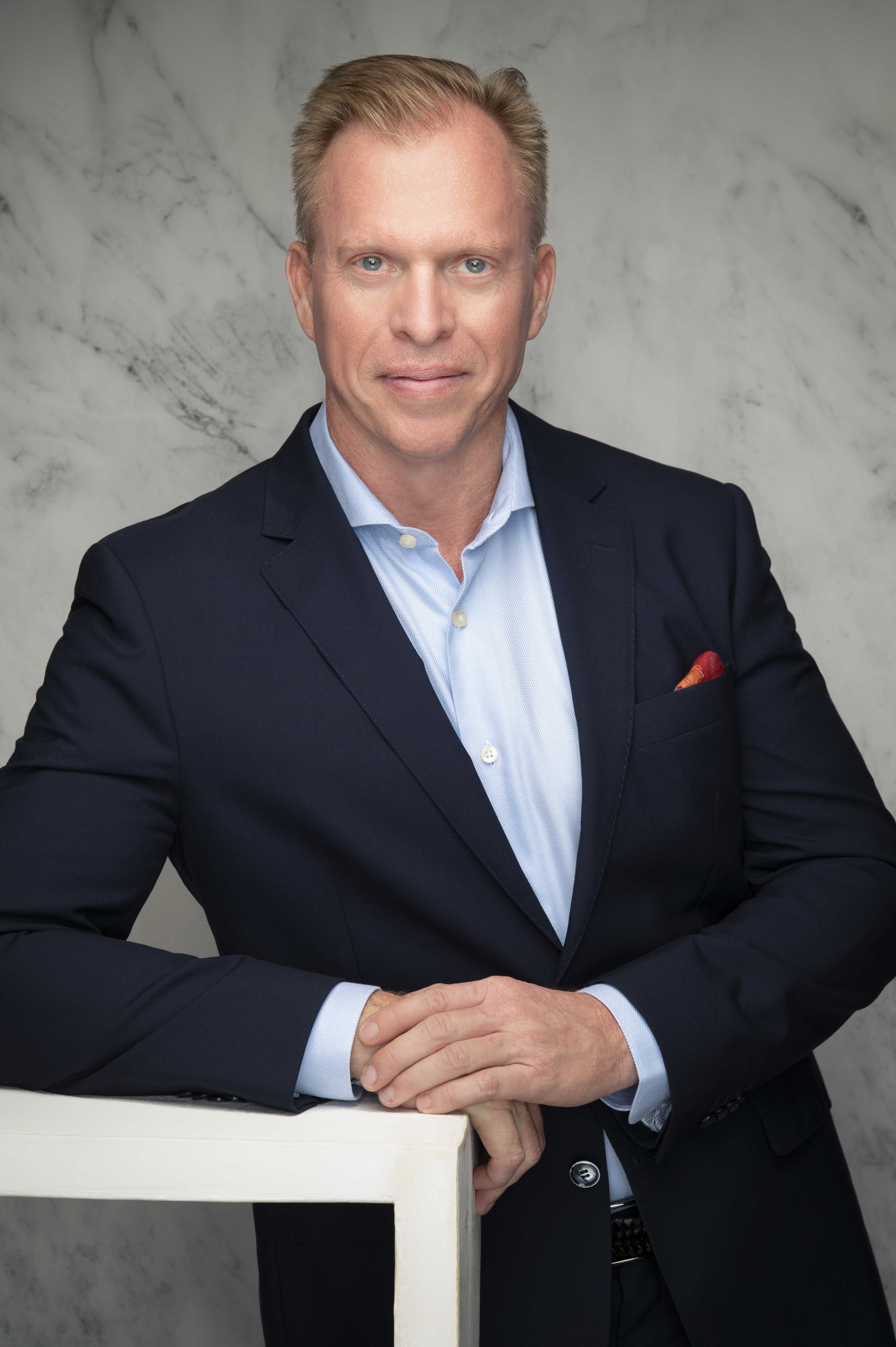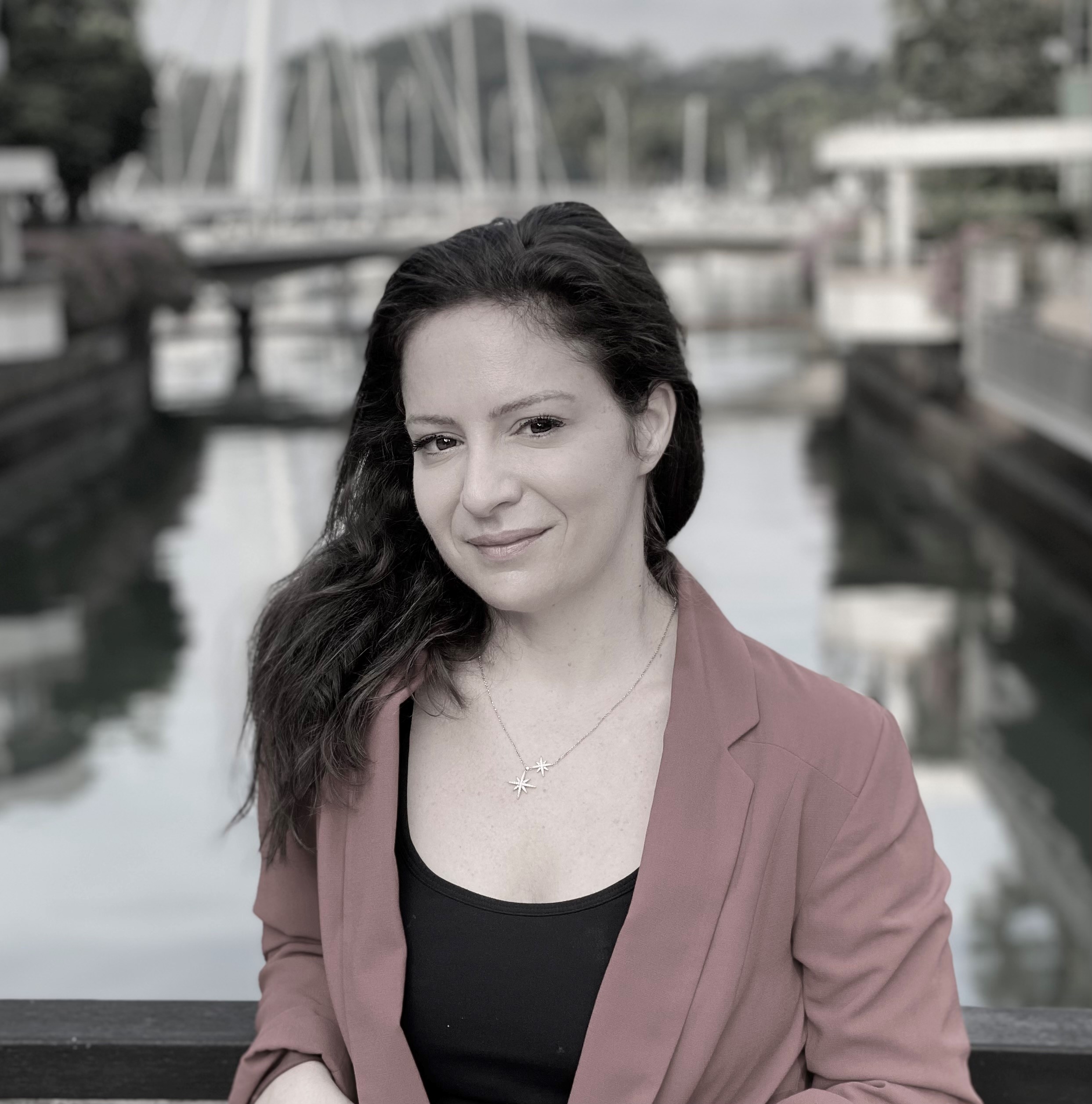The whole programme is a surprise – from start to finish.
Aysenur Nuhoglu

First of all, please tell us about your career so far.
I’m the second generation in a family business producing semi-trailers. I’ve been exposed to the company since I was 14. Even as a child, I was fascinated by production – how people come together to produce something bigger than themselves. I started my career as a marketing intern and went on to become a strategic planning specialist, product manager and management coordinator. After my graduation, I was appointed Head of Corporate Communication and Strategy Management.
Why did you decide to take the EMC programme at INSEAD?
My aunt, who is an alumna, recommended it. At the beginning of my career, most people advised me to work outside of the company to establish my work identity and learn to set the right professional boundaries. Well, unsurprisingly, I didn’t listen to them! Honestly, I didn’t want to work for any other company. Even though I don’t regret my decision, I know now that I made my life quite difficult. As a young graduate, my view of business was totally different from what was actually happening, so I enrolled in an MBA programme. But it didn’t help me understand the human element of the organisation. The EMC allowed me to focus on this – on a personal level, as well as in a group setting.
Did the programme meet your expectations?
I didn’t know exactly what to expect at the beginning of the programme. I thought I’d learn the technicalities of people management. Instead, I learned about myself, how I interact with others in a particular environment and to be mindful of other group members’ motivations.
Do share with us your memories of the professors
Throughout the programme, we had access to professors who are the best in their fields. Most importantly, they were always open to dialogue and available to answer our questions. At the beginning of module one the Programme Directors emphasised that if we wished to “consult” and “coach” for change, we must first experience the “change” process within to truly understand – on a personal and organisational level – what kind of tensions and anxieties might block the change process.
Which module has made the greatest impact on you?
Among the many excellent modules, Hal Gregersen’s session was probably the most rewarding. By exercising the power of questions, it allowed me to explore the unknown with confidence. First, we practised deep listening to understand the underlying motivations and common behavioural patterns of the speaker. By actively asking simple and open-ended questions, such as “how?”, “when?” and “why?”, I was able to acquire new knowledge about the other person, the situation, and most importantly about myself. Personally, I discovered, I’m a person trapped in the present, mistakenly taking the moment as the whole reality out there. If people are speaking, I tend to forget their past or their motivations and take everything they say at face value. This has advantages, because I truly listen. But, as there are always hidden agendas or truths that are not wholly revealed, I get trapped in a partial reality, which triggers certain defense mechanisms. With Hal, I learned how to modify my behaviour with confidence and to gather enough information to construct a consistent and continuous reality.
How has the EMC changed your outlook?
During the EMC I felt connected to the world. The programme is founded on the principle that the work environment can be more humane. As participants, we were living examples of that possibility. With respect and sincerity, we explored alternative methods of economic activity in a group setting. As a result, I’m more hopeful that in the long run, the human race will drop the zero-sum game and focus on the social impact and sustainability of business.
How different is the EMC compared to other Masters programmes out there?
EMC is one of a kind. During my MBA, I learned the technicalities of everyday business, as well as witnessing fierce competition among classmates to get the best job. In the EMC, we learned to achieve harmony – and that being open about our emotions, anxieties and aspirations is not incompatible with success in professional life. We learned that, besides technical knowledge, the key to success is to respect and to be attentive to the human element in business. But let’s not forget what our Programme Directors always reminded us of: trust the process but do not be naïve!
What advice would you give to potential EMC participants?
As Socrates says in the Meno dialogues, one must have the courage to learn. If you have the courage to face yourself and question hidden assumptions about the workings of the business environment, the EMC is the right place to grow personally and professionally – and to realise your full potential.
Can you summarise the programme in a sentence?
The whole programme is a surprise – from start to finish.




